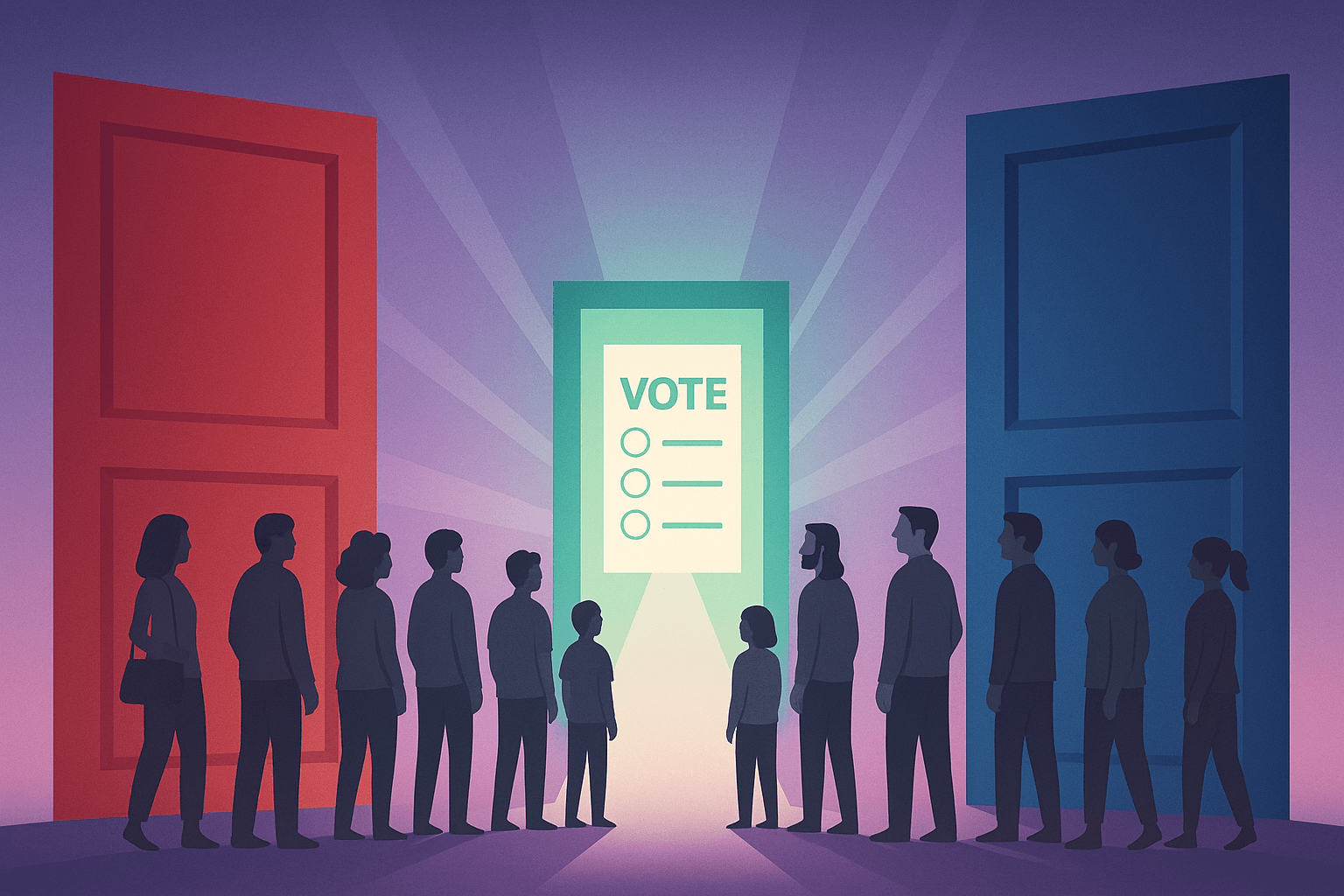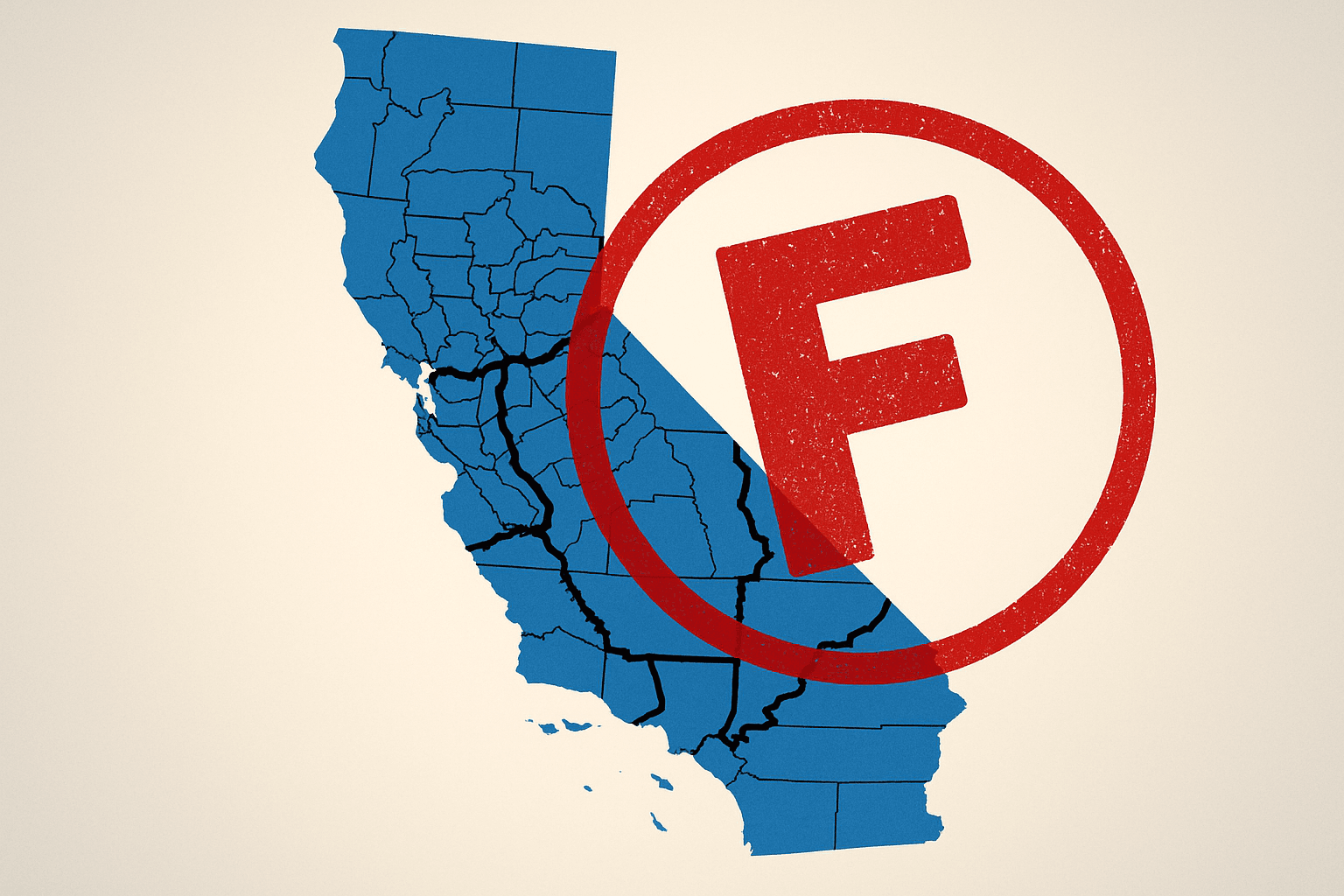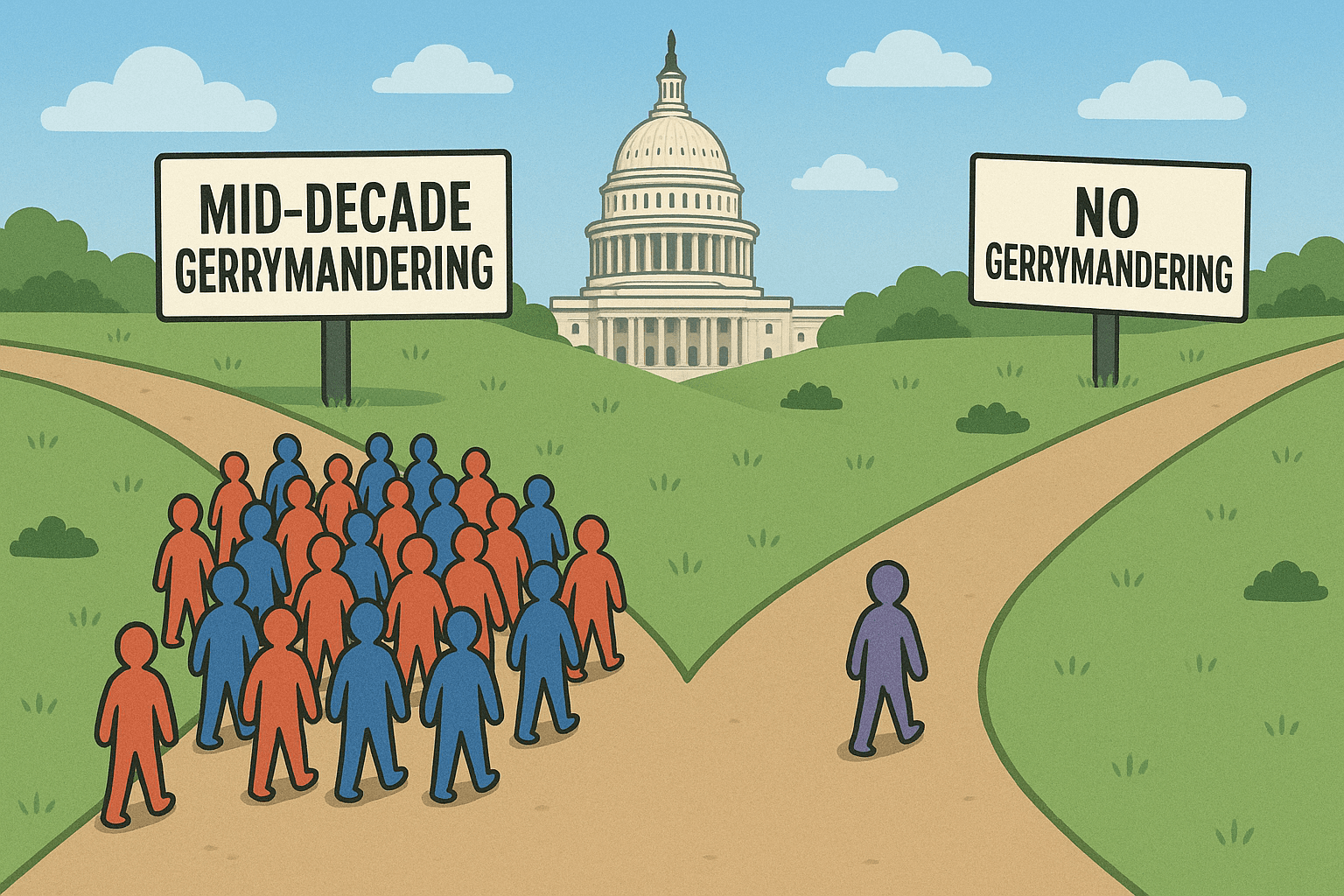Mike Pompeo's CIA Nomination Opens Big Door for Libertarians in Kansas

The soon-to-be-vacant congressional seat occupied by Rep. Mike Pompeo (R) has Kansas legislators scrambling. Pompeo’s impending appointment as the CIA director will prompt a special election in Kansas’s 4th Congressional District; a type of election for which the rules have not been updated since the 1950s.
Enter Kansas legislator Keith Esau (R-Olath), chairman of the Kansas House Elections Committee. Last week, Esau introduced HB2017, which would change special elections in the state significantly while removing some ballot access barriers facing independent and third-party candidates.
The bill is being fast-tracked to prepare for Pompeo's vacancy, has already passed the legislature, and is now headed to the governor's desk.
For starters, the bill will extend the candidate entry timeline for special elections. The bill would also lower the number of signatures that independent candidates must reach in order to qualify for the ballot from 17,000 to 3,000. Restrictions for recognized third parties would be relaxed as well.
Under prior rules, parties would only be eligible for ballot access if a candidate received over 5 percent of the vote in a statewide race. If Kansas removes the 5 percent ballot access barrier, the Libertarian Party of Kansas will have a shot at the congressional seat.
Rob Hodgkinson, chairman of the Libertarian Party of Kansas, has been following the bill closely. He says the Kansas Libertarian Party plans to nominate a candidate for the impending special election and he is optimistic his party’s next nominee for governor will surpass 5 percent statewide.
“In 2014, we reached 4.6% in the governor's race, so we are getting close,” said Hodgkinson in a statement to IVN. “Gary Johnson's campaign helped awareness of the Libertarian Party in 2016, plus the fact that we have been working on having good candidates for the last few elections.”
A Libertarian nominee has yet to emerge, but several GOP candidates have expressed interest in the District 4 seat, including state Treasurer Ron Estes, former U.S. Rep. Todd Tiahrt, and Wichita attorney George Bruce.
If HB2017 is signed into law and the signature requirement is reduced, independent candidates may be enticed to run. According to the Wichita Eagle, Miranda Allen, a former prospect for Congress, and Jennifer Winn, who ran for governor in 2014, may step into the fray as well.
Photo credit: Shutterstock.com / Jeff Zehnder



